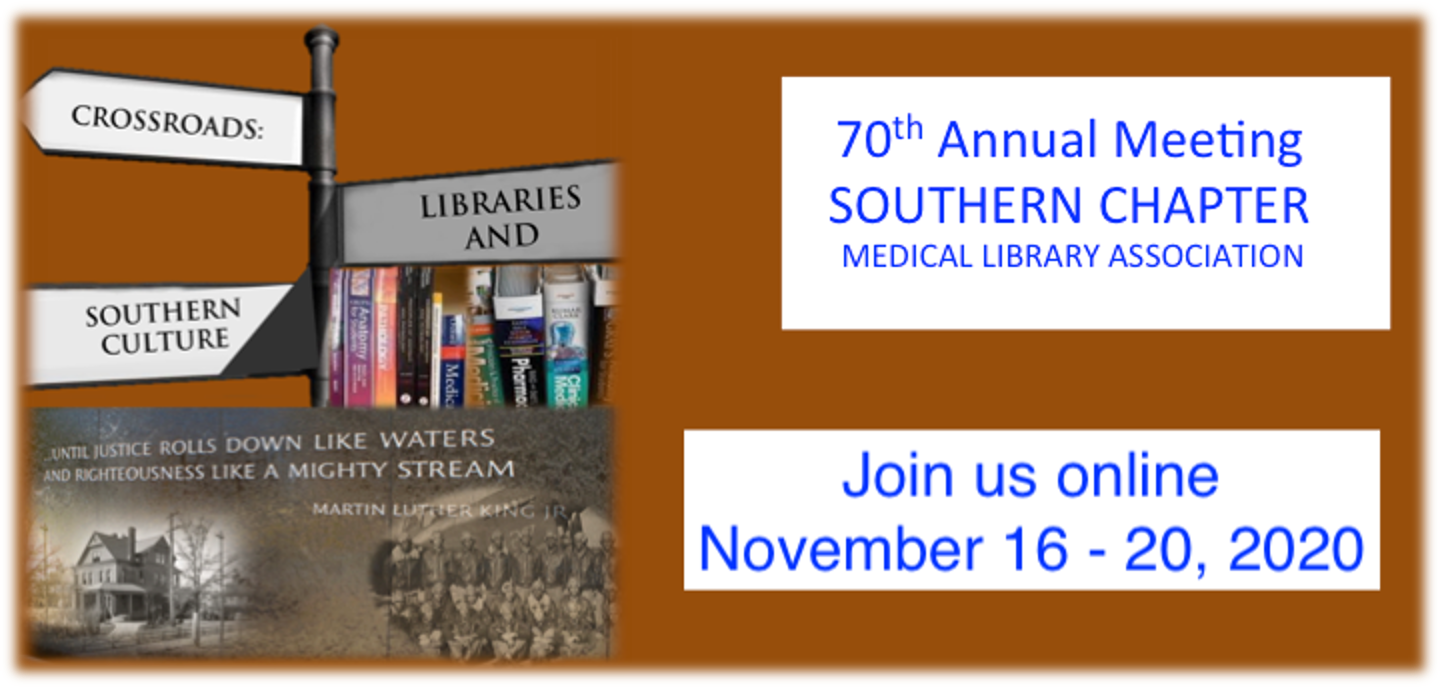Start Date
18-11-2020 1:30 PM
End Date
18-11-2020 3:00 PM
Type of Work
Poster
Description
Objective: To demonstrate how a departmental social justice discussion group was successful in achieving its purpose in introducing and discussing health-related social justice narratives and perspectives with personal meaning to each department member.
Methods: In the aftermath George Floyd’s death, the Assistant Director of Research and Education Services at a health sciences library proposed devoting a portion of staff meetings to discuss issues in social justice and anti-racism. Each department member would generate a topic and organize readings or links to media in an internal LibGuide. Initially, there was a total of seven discussions, each lasting an average of twenty minutes. Each staff member described their motivation in selecting their topic and accompanying resources and led the subsequent discussion.
Results: Discussion topics included white fragility, racial disparities surrounding leg amputations of Black diabetes patients in Mississippi, transracial adoption, local food deserts, white privilege in medical school education, black transgender violence and discrimination, and pipeline institutional racism. The readings and discussions revealed marginalized group perceptions and reality are not necessarily willingly acknowledged or addressed by the privileged group. The topic of food deserts was identified for follow-up action because of the need in the residential area adjacent to the health sciences campus.
Conclusions: Participants felt the topics were timely, thought-provoking and useful in understanding current imbalances in social equity in health-related areas. Each department member could identify and share a social justice area of concern. Many of the topics are addressed in critical librarianship scholarship, and lessons from the discussions could be applied to increased understanding of, and service to, marginalized users of their library’s community. Team members agreed to continue the discussions at staff meetings once per month on broader diversity and social justice topics.
Confronting Inequity: Social Justice Dialogue in a Health Science Library
Objective: To demonstrate how a departmental social justice discussion group was successful in achieving its purpose in introducing and discussing health-related social justice narratives and perspectives with personal meaning to each department member.
Methods: In the aftermath George Floyd’s death, the Assistant Director of Research and Education Services at a health sciences library proposed devoting a portion of staff meetings to discuss issues in social justice and anti-racism. Each department member would generate a topic and organize readings or links to media in an internal LibGuide. Initially, there was a total of seven discussions, each lasting an average of twenty minutes. Each staff member described their motivation in selecting their topic and accompanying resources and led the subsequent discussion.
Results: Discussion topics included white fragility, racial disparities surrounding leg amputations of Black diabetes patients in Mississippi, transracial adoption, local food deserts, white privilege in medical school education, black transgender violence and discrimination, and pipeline institutional racism. The readings and discussions revealed marginalized group perceptions and reality are not necessarily willingly acknowledged or addressed by the privileged group. The topic of food deserts was identified for follow-up action because of the need in the residential area adjacent to the health sciences campus.
Conclusions: Participants felt the topics were timely, thought-provoking and useful in understanding current imbalances in social equity in health-related areas. Each department member could identify and share a social justice area of concern. Many of the topics are addressed in critical librarianship scholarship, and lessons from the discussions could be applied to increased understanding of, and service to, marginalized users of their library’s community. Team members agreed to continue the discussions at staff meetings once per month on broader diversity and social justice topics.


